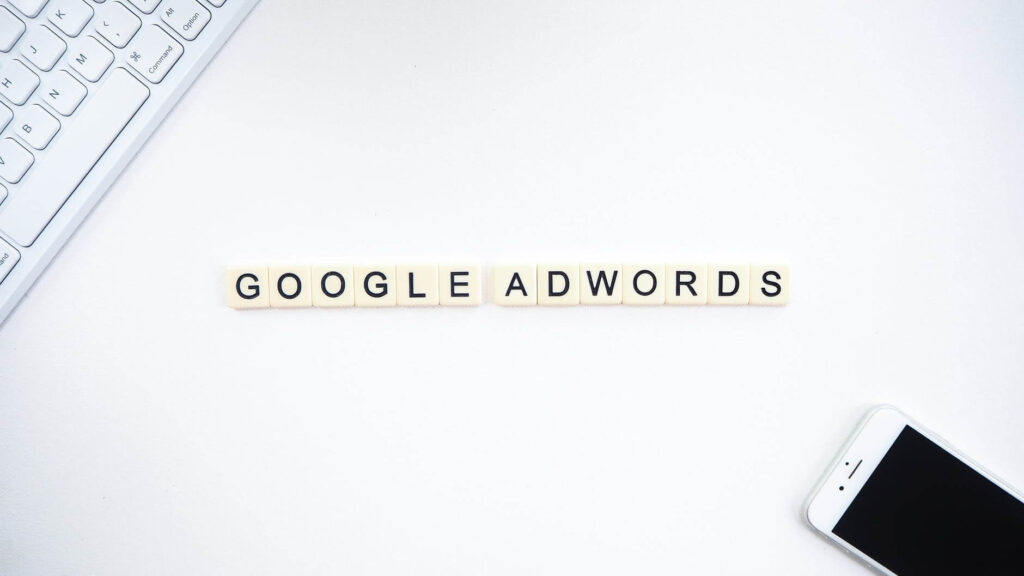Google has made the latest update to its AdWords platform with the addition of Message Extensions.
If you are an AdWords user already, you’ll know that extensions can be added onto ads to make them stand out more in the search results.
While various extensions already exist, the new Message Extensions is the first extension that allows mobile searchers to send a text message to the advertiser directly from the search results.
A More Mobile Approach
This is the latest development in Google’s mobile-first philosophy. The fact is that more people search on their smartphones now than ever before, and Google needs its ads to reflect this.
Call Extensions already allowed advertisers to receive calls from prospects directly from the search results. Now Message Extensions provides searchers with another way to contact companies if they are interested in the products and services being advertised.
How Message Extensions Work
Message Extensions are used just like other extensions in that they show up with the ads in the results pages.
As an advertiser, you can find them in the ad extensions tab (once they have been rolled out to all advertisers). Then simply set them up with your business name and telephone number, along with some copy like ‘Text Us’.
You can then create some pre-filled message text that prospects can send directly, and this can be up to 100 characters. This will automatically populate the text message so you can provide prospects with an easier way to start the conversation.
When a prospect clicks on the extension to send a message, you will be charged the same CPC fee as a standard click on your website link.
Will They Increase CTR?
As with all ad extensions, Message Extensions will increase the size of your ads and make them stand out more, and this on its own could help to increase CTR.
Indeed, WordStream has already found that these increase mobile CTR in testing. It claims that some of its customers experienced an average of 50% higher CTR compared to displaying the ad on its own.
How to Make the Most Out of the New Extensions
Message Extensions will be an exciting prospect for advertisers who are serious about their mobile advertising.
They are likely to be popular with searchers because not everyone is ready to call directly using the Call Extension, and in such cases a simple text message could be an easier way to start the conversation.
You will want to experiment with not only the call-to-action copy, but also the pre-populated copy of the text message. You may also want to create various message extensions for different types of customers who you are targeting.
As always, you will need to experiment and test your results to find out what works best for you. However, Google has already released some best practices for the ads, and you can read through these here.
Try Out Message Extensions
Message Extensions will be rolled out to all AdWords accounts in the next few weeks. If you have not seen them already, you should see the option of adding them soon.
Once you are able to, give them a go yourself. Experiment with this new option, and see if you can improve your CTR compared to standard ads or ads that use the Call Extension.



